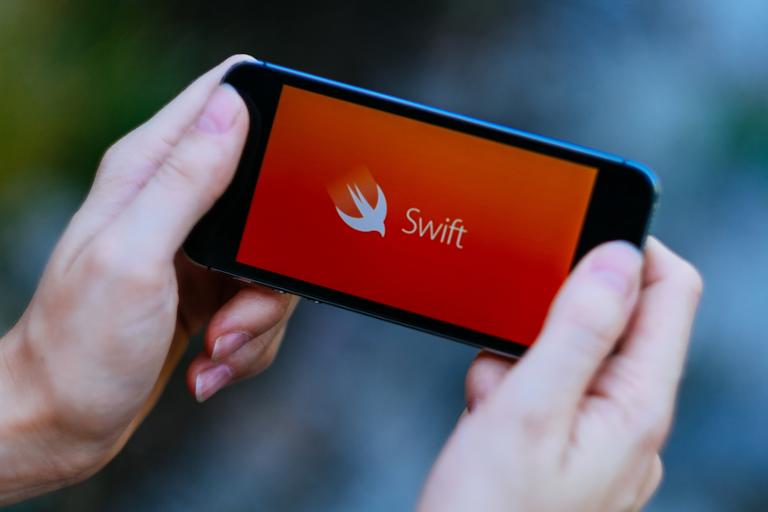For developers who want to break into mobile-app development, the iOS ecosystem presents a lot of opportunities. But what skills do you actually need to land a job as an iOS developer?
First, it’s worth taking a moment to explore the demand for iOS developers and engineers. According to Lightcast, which collects and analyzes millions of job postings from across the country, average time to fill an open iOS developer/engineer position is 46 days, indicating an elevated level of demand.
Over the past 12 months, employers have posted roughly 10,817 iOS developer/engineer jobs. However, it’s important to keep in mind that many iOS jobs are freelance contracts, or done by software developers who technically have a different specialization. In other words, full-time iOS jobs are only a sliver of the overall iOS work being done on a monthly basis.
If you’re putting together an iOS developer resume and/or job application, here are the skills that pop up frequently in job postings—employers will expect you to have mastered a broad selection of these:
Necessary iOS Skills
Lightcast lists the following as “necessary skills” for an iOS developer position—i.e., numerous employers want candidates skilled in at least some of the following:
- Object-Oriented Analysis and Design (OOAD)
- Scrum
- Debugging
- Agile
- JavaScript Object Notation (JSON)
- Data Structures
- Software Architecture
- Multithread Programming
- Quality Assurance and Control
These all make sense: employers will want to know you can operate effectively as part of a team (Scrum and Agile) and that you know the principles of software development (debugging, QA, software architecture, data structures, and more). Fortunately, most software developers and engineers learn these principles as part of their education.
Defining iOS Skills
Next come the “defining skills,” which Lightcast defines as the day-to-day skills that iOS developers need to fulfill their tasks to the best of their ability. As you might expect, here’s where the iOS-specific skills and tools come into play: for example, if you want a job as an iOS developer, you must master Swift and Objective-C, the programming languages that undergird all iOS development:
- Swift
- Objective-C
- Software Engineering
- Software Development
- Xcode
- Unit Testing
- Git
- iOS Application Development
- Continuous Integration (CI)
- UIKit
Anyone aspiring to become an Apple developer will need to know iOS-specific tools such as UIKit and Xcode. Generalized software engineering and development skills continue to be useful, obviously.
While they don’t appear on this list, note that “soft skills” such as empathy and communication are always valuable, especially as you rise in seniority. With enough years of experience, you’ll be expected to take on at least some team-leadership and management responsibilities, which means you’ll need to secure buy-in from other stakeholders throughout the organization, explain your plans clearly, and keep the team’s morale boosted.
Solid soft skills can boost your career, while a lack of soft skills can hinder it. Very few developers and engineers work in total isolation, and those who build an extensive network of contacts and confidantes can quickly open up new opportunities.
Distinguishing iOS Skills
Next come Lightcast’s “distinguishing skills,” which are defined as the advanced skills that iOS developers can use to differentiate themselves in a crowded marketplace.
If you truly want to stand out from other applicants for iOS jobs, you’ll need knowledge that allows you to operate on a network and platform level. For example, CocaPods is a dependency manager for Objective-C and Swift that allows developers to resolve and manage dependencies for Xcode projects (as well as improve interaction with third-party Cocoa libraries).
- GitHub
- Cocoa
- Test Driven Development (TDD)
- Mobile Platform Development
- Multithreading
- iOS Tools
- CocoaPods
If you can demonstrate your understanding of how your iOS work will have a broader impact on an organization’s tech stack and business, you’ll have a much better chance of acing the job interview and landing the gig.
No matter what your experience level, always remember that, when it comes to preparing your resume and other application materials, choosing the right keywords is, well, key to your success. Re-read the job posting, noting all the mentions of skills and programming languages; make sure to list all the ones you know in your resume (and only the ones you know; attempting to fake your knowledge is a dangerous path, as you’ll likely be tested during the technical portion of a job interview).
If you’re just starting out, these lists of skills might seem overwhelming. By starting small and mastering the fundamentals, though, you’ll quickly learn how to build and manage increasingly complicated iOS apps. Start on Apple’s website, which features a ton of iOS documentation, including tutorials and sample code (and if you’re new to coding, you should also explore Swift Playgrounds). From there, consider taking online courses or even a formal degree program.
For those who master the skills, the potential rewards are vast. According to Lightcast, the median compensation for an iOS developer/engineer is $101,398 per year, and that number can climb far higher for those with specialized skills and lots of experience building and managing an iOS ecosystem.



